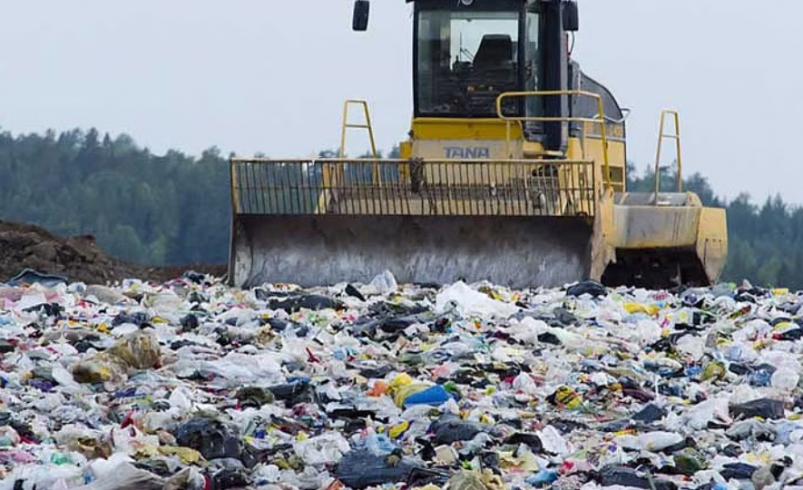Cebu City’s PHP 5B waste-to-energy project stalled by health, community concerns
- September 26, 2025
- 0

Photo credit: Sunstar
Three years after its approval in September 2022, Cebu City’s PHP 5-billion waste-to-energy (WTE) project remains stalled amid strong opposition from residents in Barangay Guba, delaying the city’s plan to convert waste into renewable energy, Sunstar reports.
The project, a joint venture between the LGU and New Sky Energy Philippines, was designed to address the city’s growing garbage problem, with completion initially targeted by 2028. But no construction has begun, as unresolved petitions from residents citing health and environmental risks persist.
Residents have filed formal petitions opposing the project, expressing fears that the facility will emit toxic chemicals and aggravate health problems.
“We are worried that once this project operates, it will cause serious health issues due to the release of toxic chemicals into the environment,” their petitions stated. They also called for strict adherence to Republic Act 9003, the Ecological Solid Waste Management Act of 2000, which emphasizes segregation, composting, and the establishment of Materials Recovery Facilities at the community level. Petitioners stressed that strengthening these waste management methods would be safer and more sustainable than building a WTE plant, and criticized the lack of adequate public consultation.
Cebu City Councilor Joey Garganera defended the project, saying it could reduce garbage volume by as much as 90% and significantly ease landfill burdens.
“It doesn’t mean that because it’s WTE, we will stop recycling and composting. This will work side by side. We have to accept the reality that garbage will never run out,” he said. Garganera noted the potential for economic opportunities, improved road networks, and ecotourism, citing examples from Thailand and Singapore. He added the city is still awaiting the public’s “green light” before proceeding.
The WTE project has also faced legal and procedural hurdles. Before choosing Barangay Guba, New Sky Energy Philippines eyed a site in Inayawan, but ownership disputes blocked the plan. The current site covers five to seven hectares, but a special land use clearance is required due to agrarian reform coverage.
While the government stresses potential benefits, studies from the International Pollutants Elimination Network and the C40 Cities Climate Leadership Group caution that WTE facilities can emit hazardous pollutants such as dioxins, mercury, and particulate matter, and may harm the environment.
Garganera said the Department of Health and the Cebu City Health Department will conduct educational sessions to address health concerns. For now, the project continues to process permits amid community resistance, leaving the city’s waste challenge unresolved.
What’s your view on Cebu City’s stalled waste-to-energy project — a necessary step for sustainable waste management or a potential health risk that needs more safeguards? Join the discussion.
Follow Power Philippines on Facebook and LinkedIn or join our Viber community for more updates.